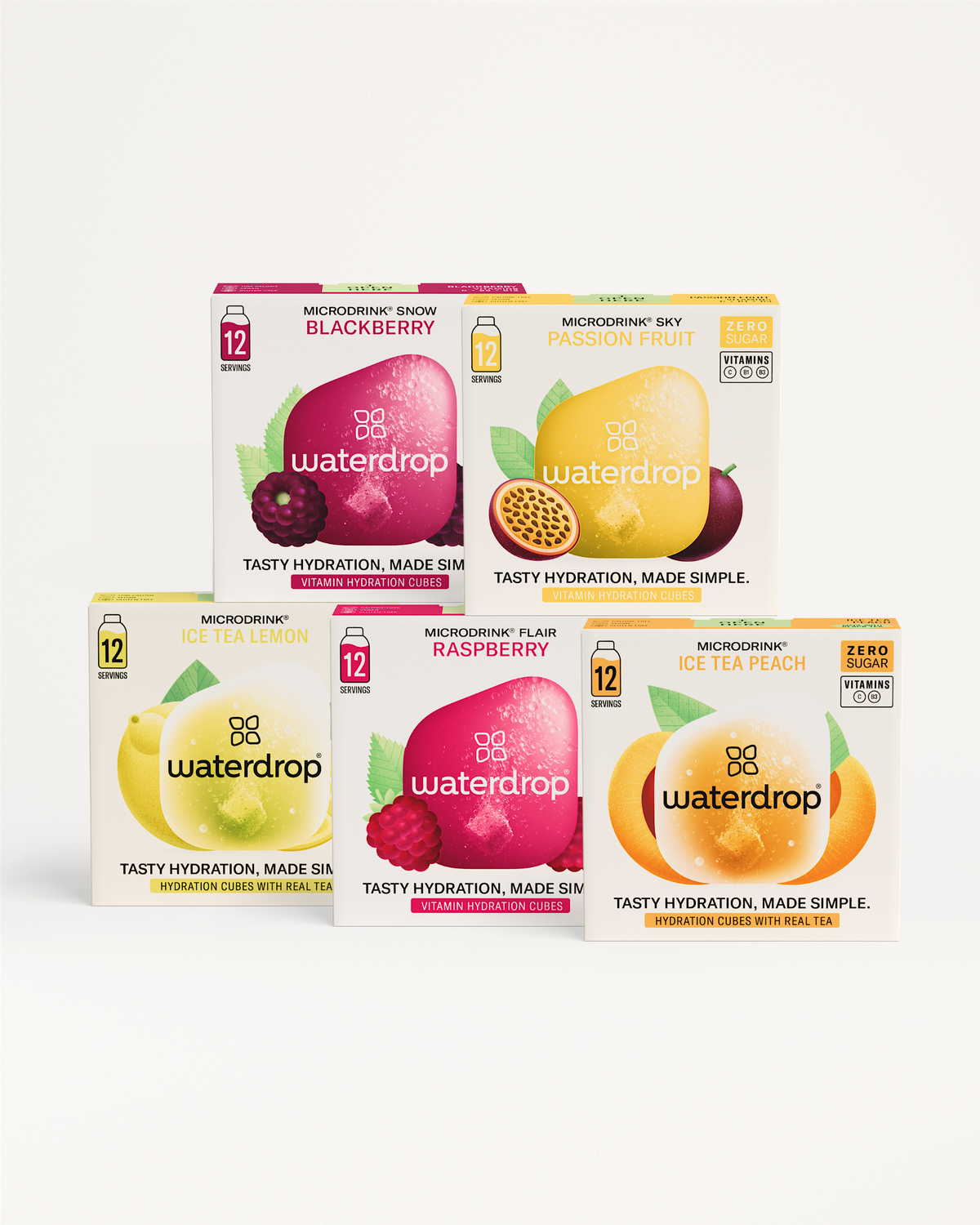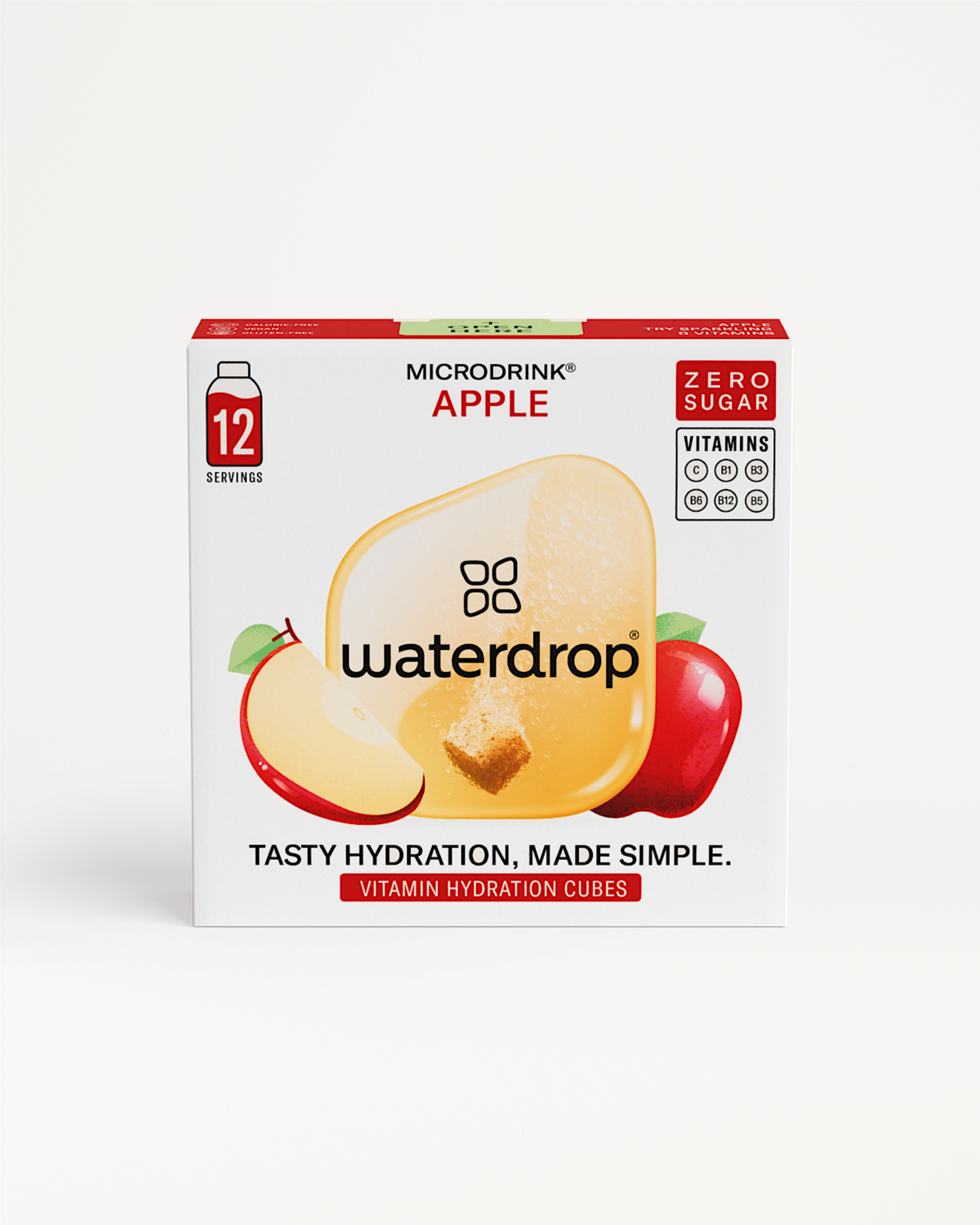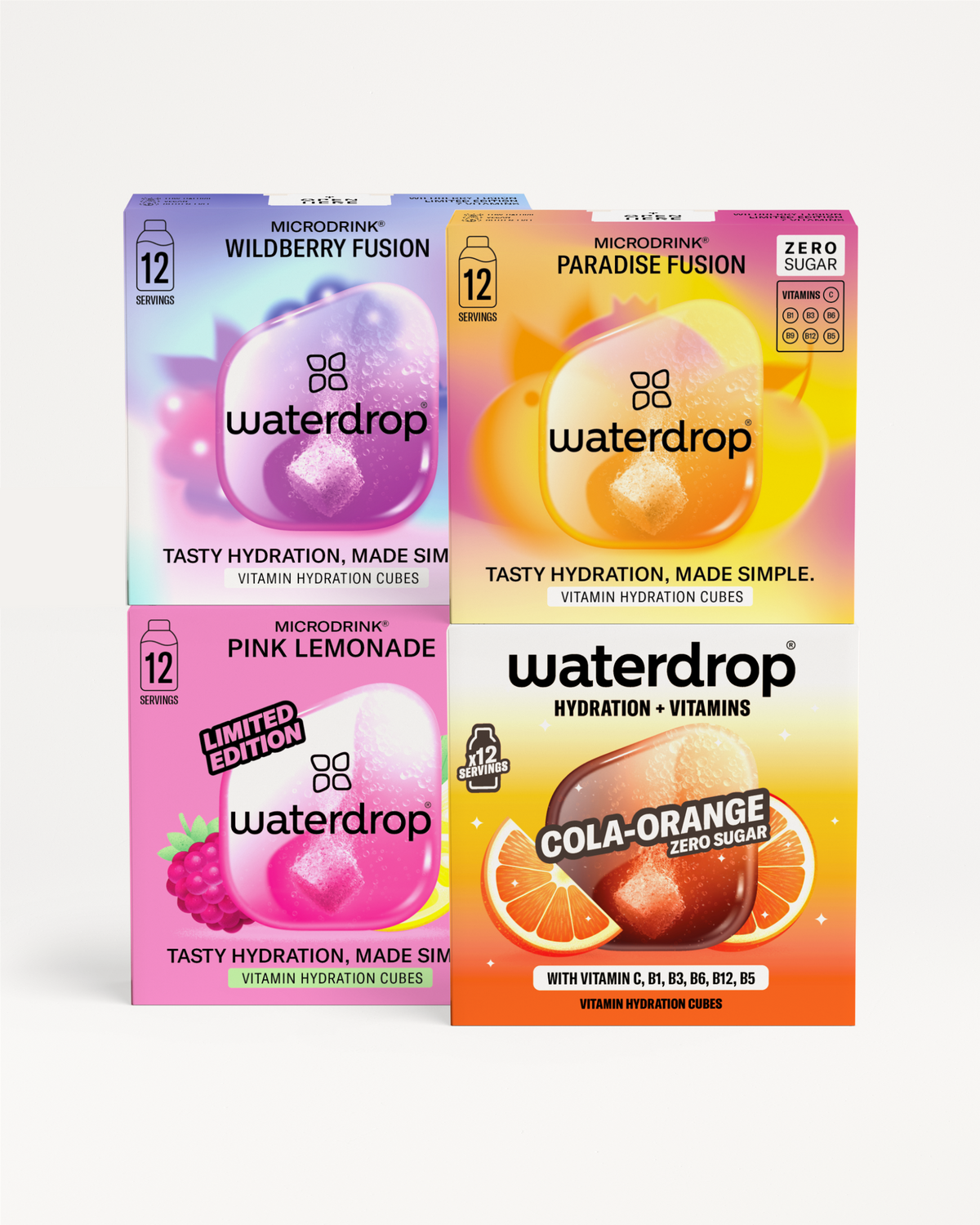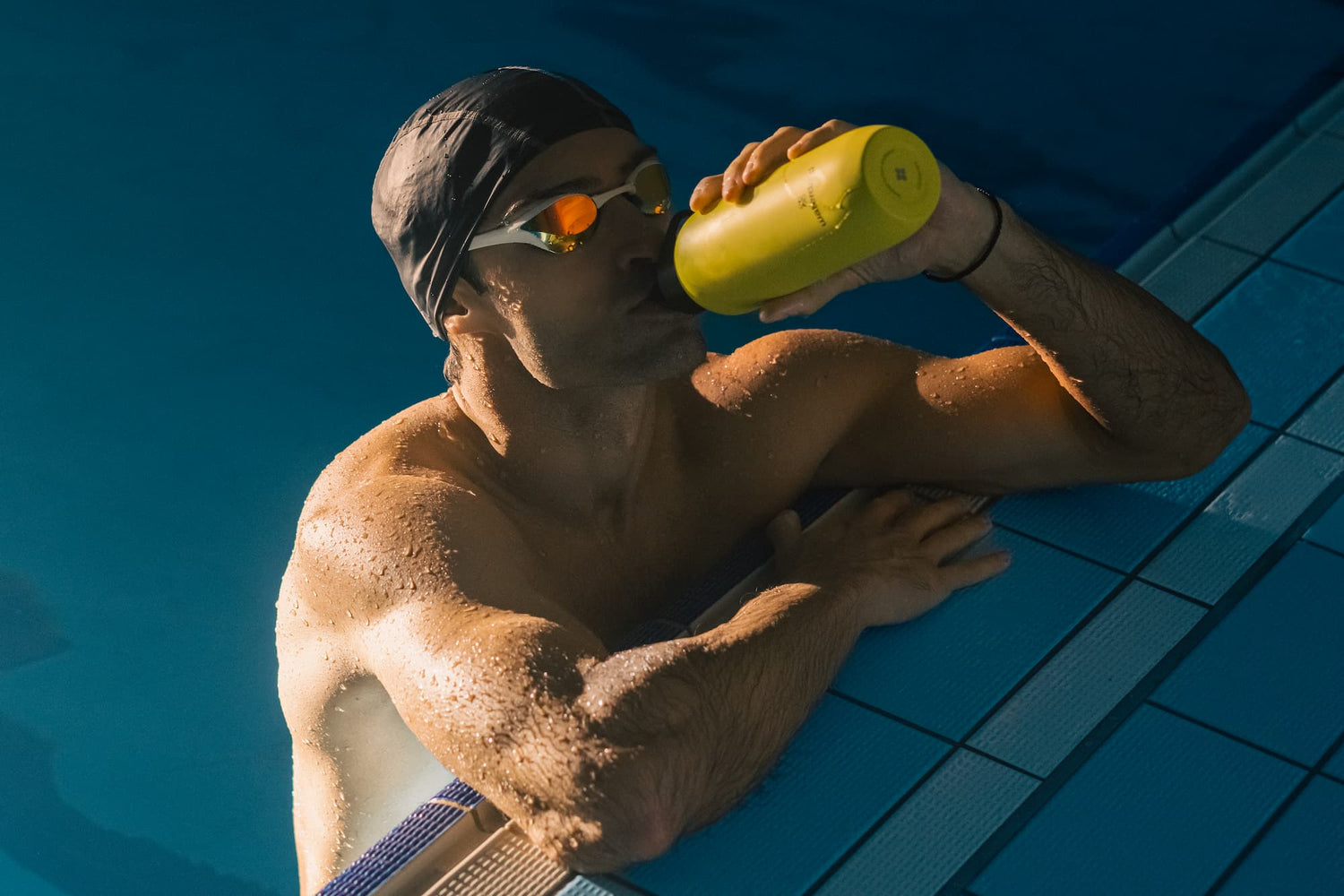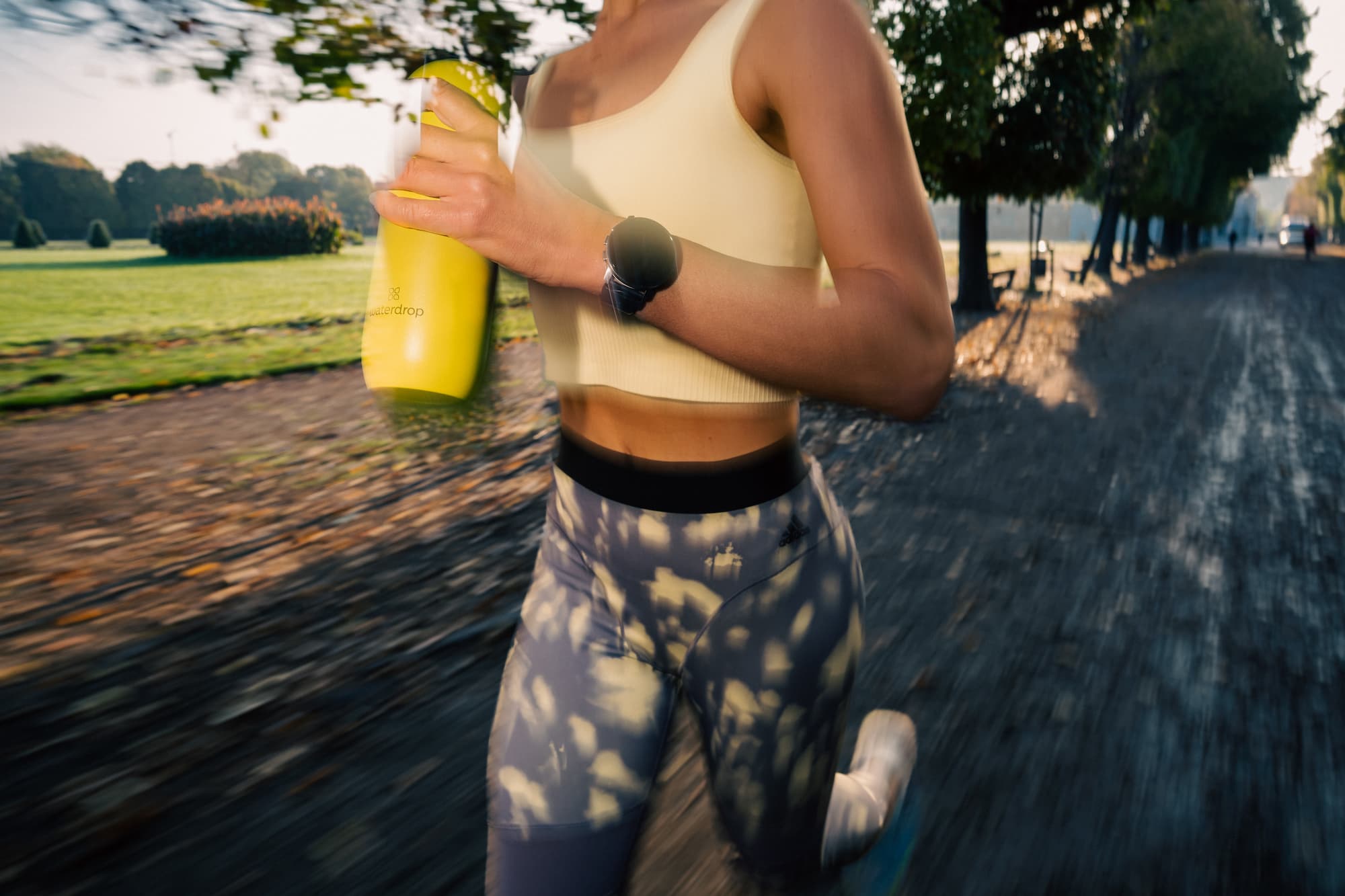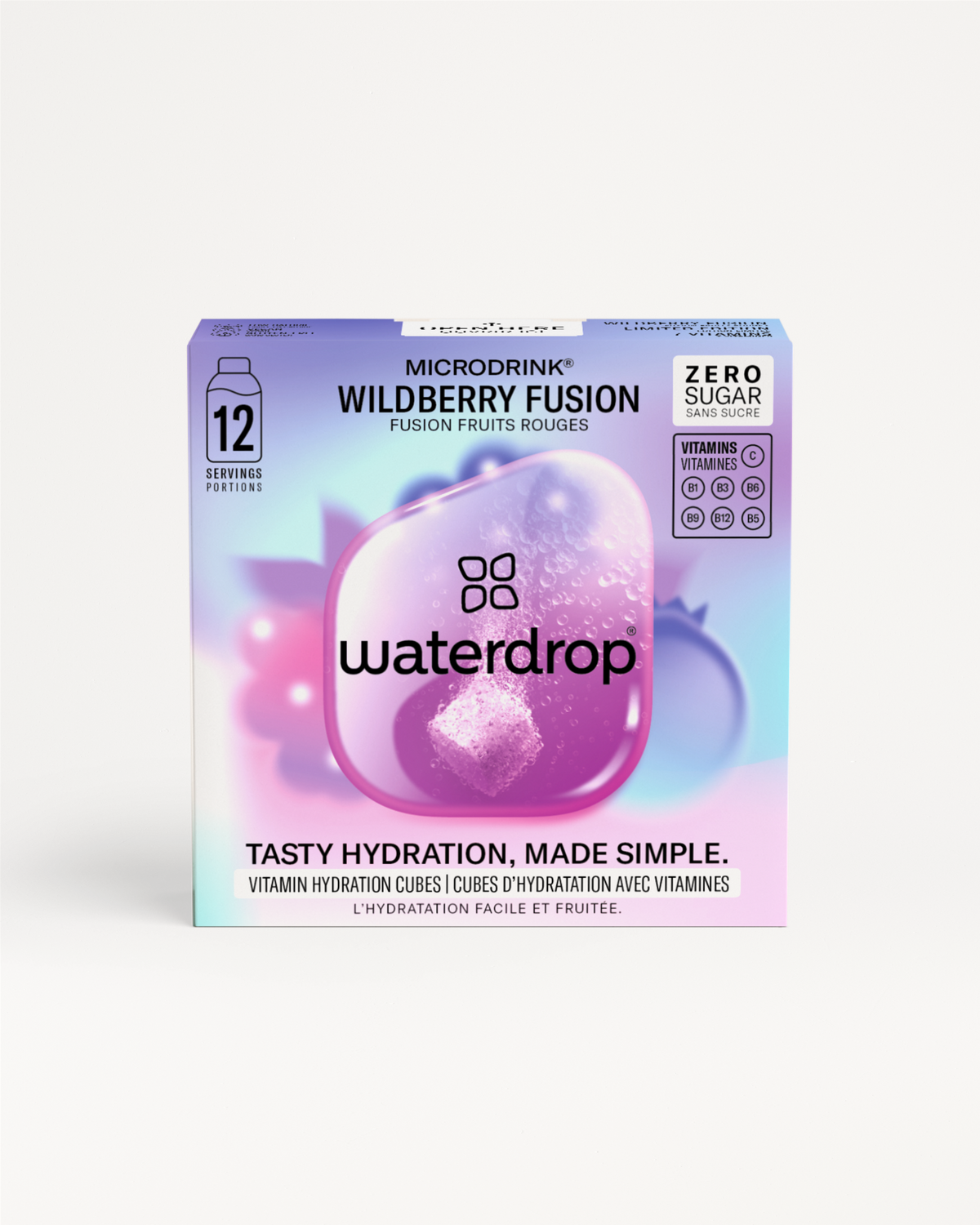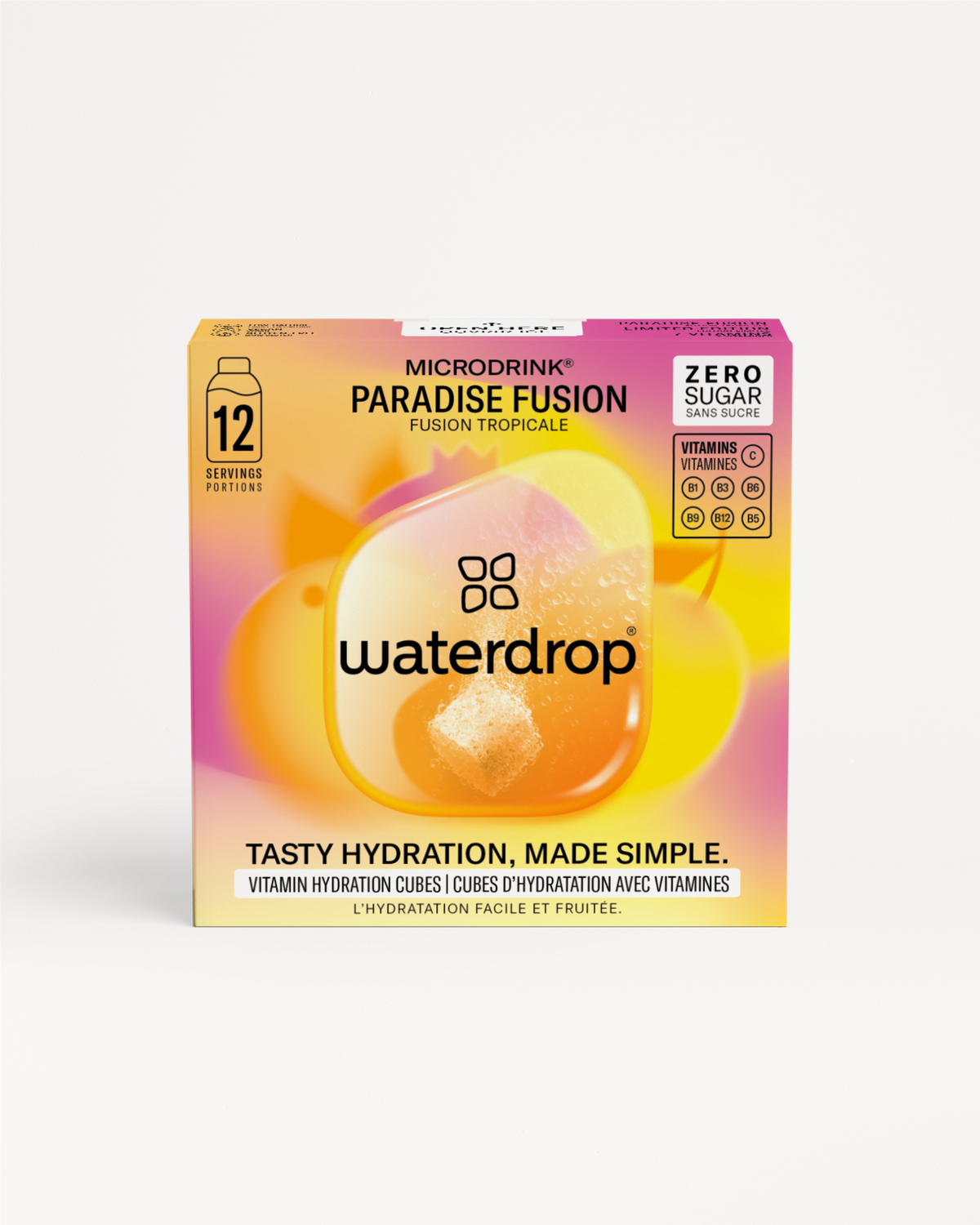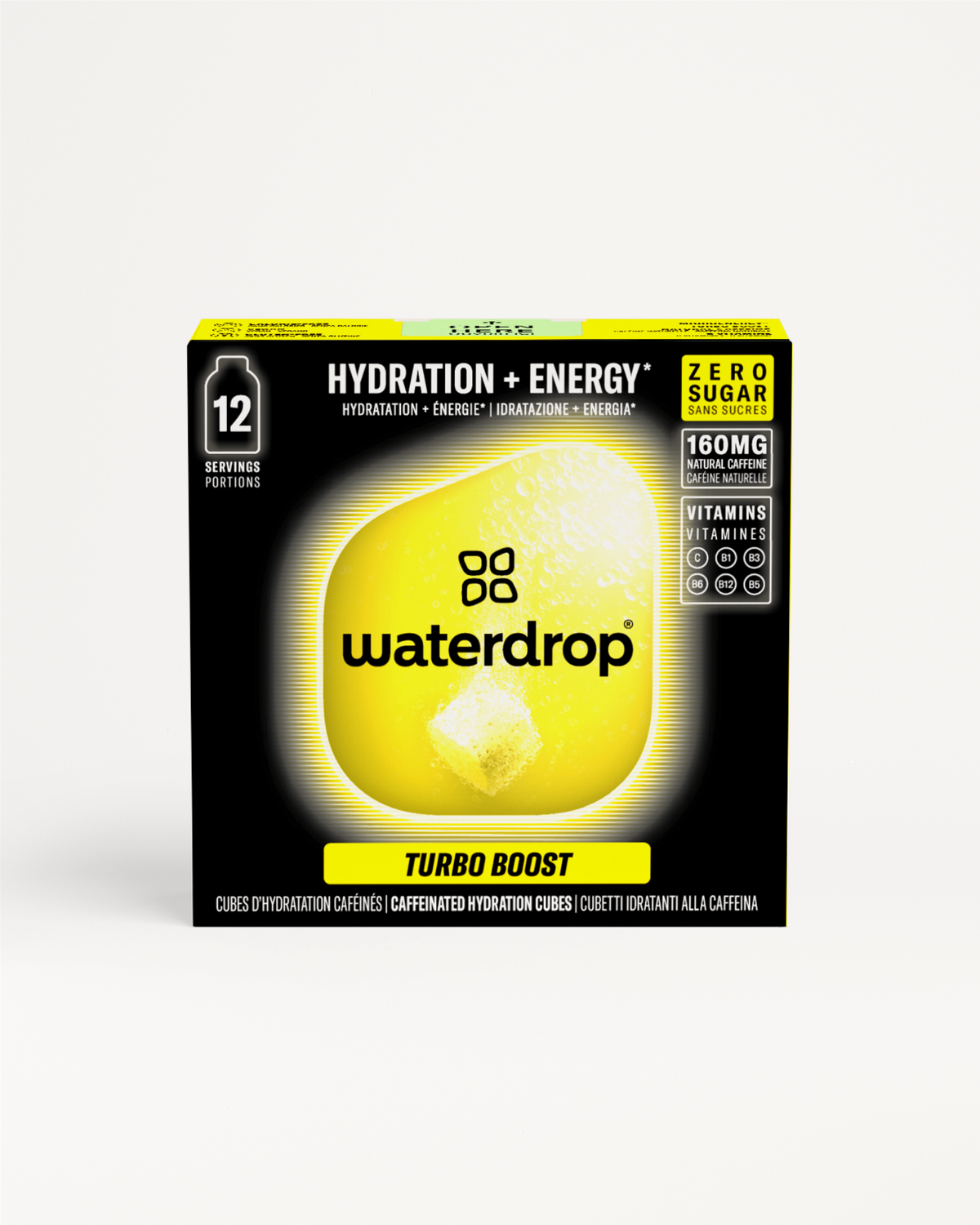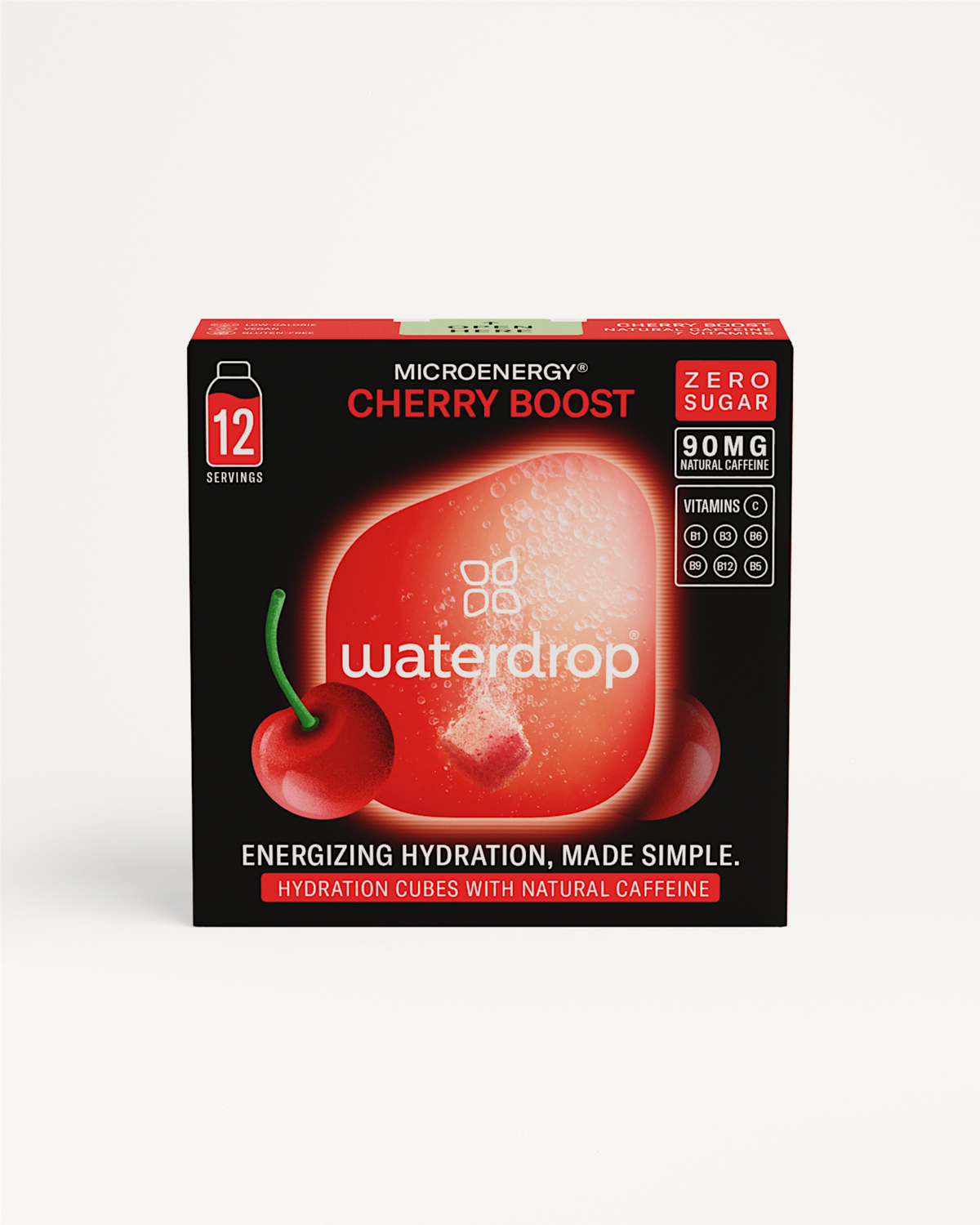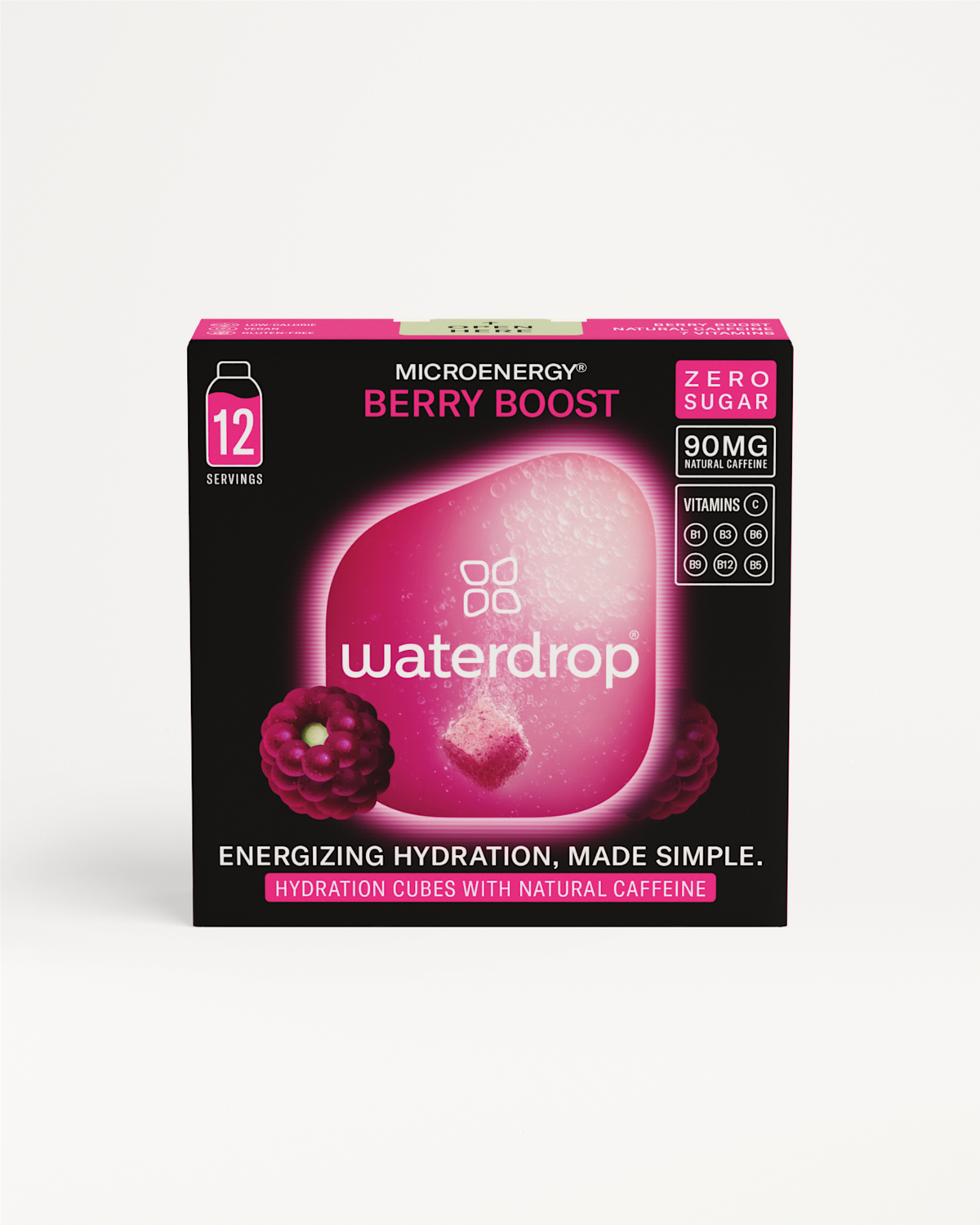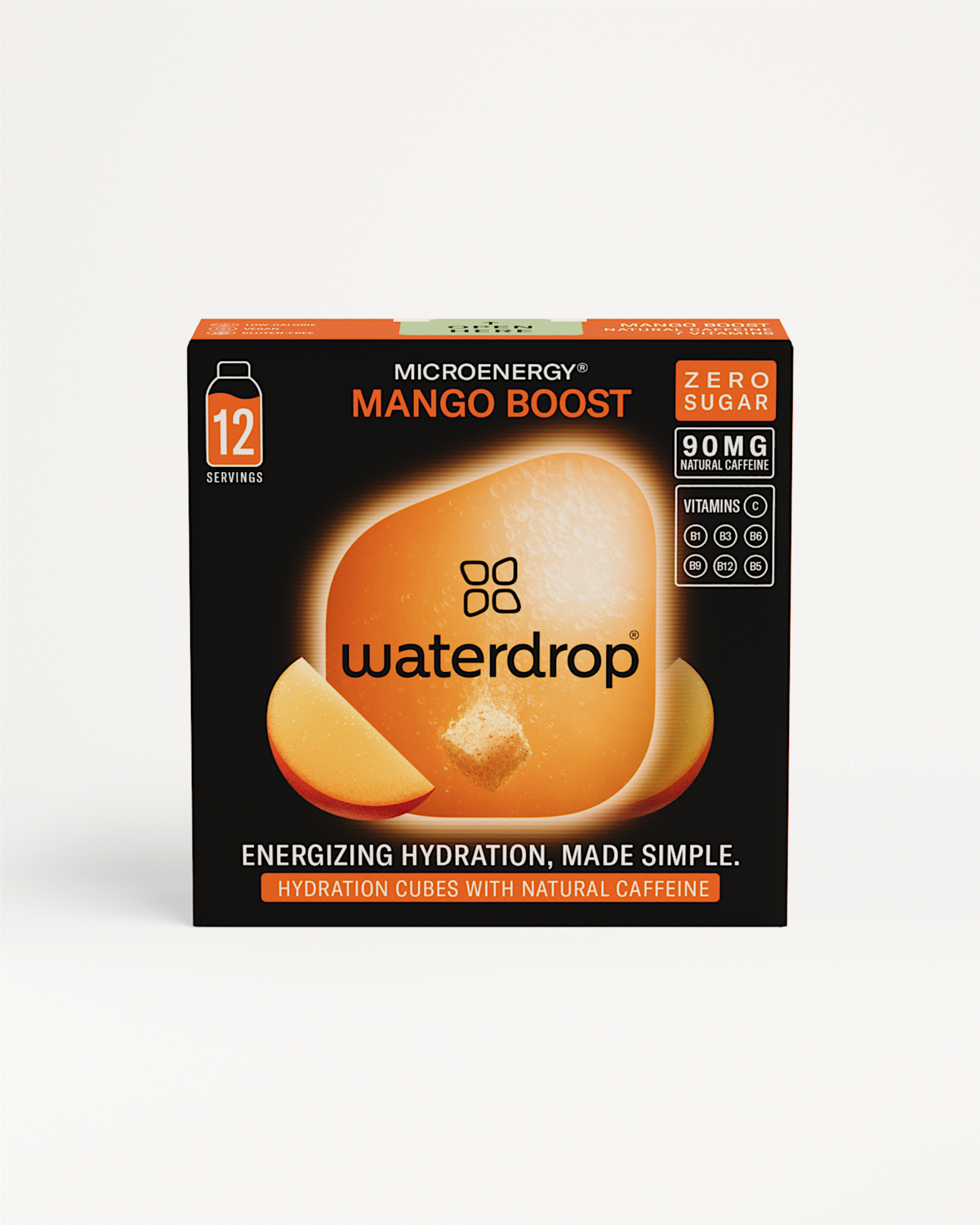If you’re a fitness junkie, or into sports in general, the word electrolytes is definitely no stranger to you. Emblazoned on sports drinks and supplements everywhere, it’s clear by now that electrolytes are an athlete’s best friend. However, what many people don’t immediately realise is this – everyone needs electrolytes.
The term electrolyte may sound complicated (it certainly is a mouthful to pronounce!) but they are basically essential minerals e.g. sodium, calcium and potassium that play a key role in helping the body function properly¹. If you think of your body as a car running on carbohydrates and fats as fuel, electrolytes are the engine oil to your machine. Your car isn’t exactly running on engine oil per se, but it would definitely not be able to work without it. That is how important electrolytes are – not only to athletes, but to everyone.
What do electrolytes do?
So now that we’ve established how important electrolytes are, let’s dive in deeper. Just what do electrolytes do for your body? Different electrolytes play different roles (more on this in the list of electrolytes below) but on the whole, they are essential in:
- Regulating the fluid levels in your blood plasma and your body.
- Keeping the pH (acid/alkaline) of your blood in the normal range (slightly alkaline, 7.35-7.45).
- Enabling muscle contractions, including the beating of your heart.
- Transmitting nerve signals from the heart, muscle and nerve cells to other cells.
- Blood clotting.
- Building new tissue.
As you can imagine, these are all vital functions you need for everyday life. And so, it’s extra important that on top of a healthy diet and adequate water consumption, you also maintain a balanced level of electrolytes (I mean, did you read that bit about needing electrolytes for your heart to beat??).

When should you take electrolytes?
At this point, you must be thinking: Okay, so they’re important and we need to maintain a balanced level of electrolytes… but just how do you know when you’re at risk of not having enough electrolytes in your body? How do you know when to take electrolytes? Well, to make it simpler for you, here are some top situations that would potentially require an electrolyte supplement² – just so you know what to watch out for.
- If you’ve been working out for an hour or more
- If you’ve lost fluids as a result of persistent vomiting or diarrhoea, sweating or fever.
- If you suffer from acute or chronic kidney disease
- If you’ve been taking medications such as steroids, diuretics and laxatives.
As it’s safe to say most of the general public don’t have chronic kidney disease or take medications such as steroids and laxatives on a daily basis, the key takeaway is this: when we perspire, we lose electrolytes. If you haven’t been drinking or eating enough, or are losing more water than you take in (in the form of sweat due to sports or physical exertion), then you are probably due for an electrolyte top up.
What are the key electrolyte components?
If you’ve made it this far into the article, you’re definitely refreshed enough to stay focused so, chances are you are well replenished with electrolytes – well done, you! But, for other days, what exactly do you need to replenish and what can they do for you? Let’s find out more in this list of electrolyte components.
Sodium – The King
Sodium is one of THE most important electrolytes as it helps regulate fluid levels outside of cells. As you can probably guess, it is also one of the electrolytes lost most in sweat (that’s what gives your sweat a salty tinge to it!). As sodium can (and frequently) hit sub-par levels during workouts in hot climates or for durations longer than an hour, consuming an electrolyte drink that replenishes sodium can help enhance endurance and performance³.
Potassium – Royal Advisor
Potassium and sodium work hand in hand. Where sodium regulates fluid levels outside of cells, potassium helps regulate fluids inside. Not only that, potassium is also crucial in helping muscles contract and supporting normal blood pressure⁴.
Chloride – The Queen
The second richest electrolyte in the body after sodium. Along with sodium and potassium, chloride’s main role is helping the body maintain a normal balance of fluids⁵.
Magnesium – Royal Chef
Magnesium plays a key role in converting your food and its nutrients into energy. Your brain and muscles especially, rely heavily on magnesium for their respective functions⁶. Not only that, Magnesium is required for the contraction and relaxation of muscles, proper neurological functioning, and neurotransmitter release⁷. This is why, if you’re prone to muscle cramps, replenishing magnesium and potassium can help alleviate the situation.
Calcium – Royal Guard
As the most bountiful mineral in the body, your body needs calcium for muscles to move and for nerves to carry messages between your brain and every part of your body⁸. Replenishing calcium is especially important for athletes because calcium and other minerals are sometimes lost through perspiration⁹.
Phosphate – Royal Physician
After calcium, phosphate is the second most abundant mineral present in the body. Like how potassium and sodium work hand in hand, phosphate and calcium work together to build strong bones and teeth. Phosphate is found in many electrolyte drinks as it helps combat muscle pain after a workout, aiding in sports recovery and healthy endurance.
Bicarbonate – Royal Butler
The electrolyte that maintains order and balance, bicarbonate is crucial in maintaining the pH value of the body. It’s especially important to replenish bicarbonate after you’ve had a stomach bug, as loss of bicarbonate occurs frequently with diarrhoea and this results in an imbalance in acid-base regulation¹⁰.
Why do I need electrolytes when doing sports?
While we’ve said from the very beginning that everyone needs electrolytes (repeat: we really mean everyone), electrolytes are especially important when you are doing sports/have a very physically active lifestyle. This is simply because loss of electrolytes occurs mainly with sweat and if you don’t end a workout drenched in sweat, can you even say you’ve worked out?!
To put it simply, whenever the body produces perspiration, it consumes from our store of nutrients and fluids. And so, it is essential that athletes refuel with electrolytes throughout and most importantly, after a workout to help the body recover its equilibrium¹¹, as this helps to prevent electrolyte imbalance. As an added bonus, the individual characteristics of electrolytes such as magnesium, potassium and phosphate also help optimise sports performance and recovery.

Ready, get set, drop!
Now that you know how electrolytes benefit you and your body, it’s only natural to want to get in on electrolyte drinks. Luckily for you, we have everything you’re looking for with three delicious electrolyte flavours right here. Unlike typical electrolyte drinks aka sports drinks with electrolytes, our flavours are refreshingly fruity with zero sugar and calories – a real thirst-quencher, if we may say so ourselves! It also helps that all the good stuff is packed in one handy little cube, so they are easy to take everywhere you go. Grab your favourite bottle, enrich your water with electrolytes and let’s get this workout started.
P/S: We hope you’ve learned a new thing or two about electrolytes. If you would like to find out more about electrolyte drinks, check out this article here.
¹ Beswick, K. (2019, October 16). What are electrolytes? Cedars. Retrieved October 24, 2022, from https://www.cedars-sinai.org/blog/electrolytes.html
² Holland, K. (2019, April 29). What you need to know about electrolyte disorders. Healthline. Retrieved October 25, 2022, from https://www.healthline.com/health/electrolyte-disorders
³ Callahan, A., Leonard, H., & Powell, T. (2020, October 14). Nutrient needs of athletes. Nutrition Science and Everyday Application v 10. Retrieved October 25, 2022, from https://openoregon.pressbooks.pub/nutritionscience/chapter/10c-nutrient-needs-athletes/
⁴ Harvard School of Public Health. (2021, November 19). Potassium. The Nutrition Source. Retrieved October 24, 2022, from https://www.hsph.harvard.edu/nutritionsource/potassium/
⁵ Stöppler, M. C. (2019, December 24). What do electrolytes do? benefits, Chemistry & Imbalance symptoms. MedicineNet. Retrieved October 24, 2022, from https://www.medicinenet.com/electrolytes/article.htm
⁶ Electrolytes. Cleveland Clinic. (2021, September 24). Retrieved October 24, 2022, from https://my.clevelandclinic.org/health/diagnostics/21790-electrolytes
⁷ Shrimanker, I., & Bhattarai, S. (2022, July 25). Electrolytes. National Center for Biotechnology Information. Retrieved October 24, 2022, from https://www.ncbi.nlm.nih.gov/books/NBK541123/#article-20975.s1
⁸ U.S. Department of Health and Human Services. (2022, October 6). Office of dietary supplements - calcium. NIH Office of Dietary Supplements. Retrieved October 24, 2022, from https://ods.od.nih.gov/factsheets/Calcium-Consumer/
⁹ Kunstel, K. (2005, August 4). Calcium requirements for the athlete. Current sports medicine reports. Retrieved October 25, 2022, from https://pubmed.ncbi.nlm.nih.gov/16004829
¹⁰ Shrimanker, I., & Bhattarai, S. (2022, July 25). Electrolytes. National Center for Biotechnology Information. Retrieved October 24, 2022, from https://pubmed.ncbi.nlm.nih.gov/31082167/
¹¹ Shirreffs, S. M., & Sawka, M. N. (2011, August 10). Fluid and electrolyte needs for training, competition, and recovery. Journal of sports sciences, 2,9 Suppl 1, S39–S46. https://doi.org/10.1080/02640414.2011.614269























